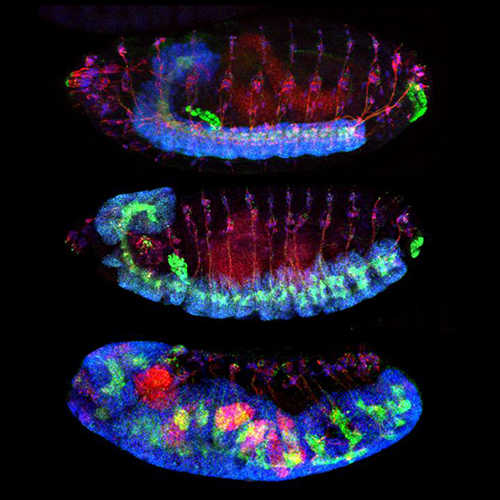
A group of investigators led by scientists at the Icelandic Heart Association and Erasmus University in Rotterdam recently published data from an exome-wide association analysis which uncovered that individuals of Icelandic heritage are more likely to carry a novel rare mutation in the TM2D3 gene—leading to greater risk for Alzheimer's disease (AD). The findings from the new study were published in PLOS Genetics through an article entitled “Rare Functional Variant in TM2D3 is Associated with Late-Onset Alzheimer's Disease.”
AD is the most common form of dementia, affecting about 30% of adults above the age of 85. While scientists have already identified many common genetic variants that contribute to the disease, rare mutations with significant effects in the population have been more difficult to discover, except in more isolated families.
To find these rare variants, a collaboration of Alzheimer's researchers throughout the U.S. and Europe performed an analysis covering more than 11,000 genes in 1,393 late-onset AD patients. They identified a variant in the TM2D3 gene that is associated with both a higher risk and earlier age of onset of Alzheimer's disease.
“We used a newer genotyping array to characterize less common variants, including those likely to impact the function of encoded proteins, in a combined cohort of 1393 AD cases and 8141 control subjects without AD,” the authors wrote. “Our results implicate a novel, amino acid-changing variant, P155L, in the TM2D3 gene. This variant was discovered to be more common in the Icelandic population, where it was significantly associated with both increased risk and earlier age of onset of AD.”
Interestingly, the researchers found that the TM2D3 genetic variant was about ten times more common in Icelandic population compared with the European population in general. Nevertheless, the variant remains relatively rare and is present in fewer than 1% of the Icelandic population, and the prevalence of AD in Iceland is comparable to that seen elsewhere in the world. Using a fruit fly model, the researchers performed experiments in which human TM2D3 was substituted for an equivalent fly gene, demonstrating that the discovered variant interferes with the Notch signaling pathway. Other Notch signaling factors have previously been shown to participate in the generation of amyloid plaque brain pathology in AD.
A significant finding from the study was the TM2D3 gene had not previously been linked to Alzheimer's and, thus, may have importance for understanding the mechanisms that contribute to the late-onset form of the disease.
“We have found a rare variant in the TM2D3 gene that correlates with risk of late-onset Alzheimer's disease and showed that it likely interferes with the Notch signaling pathway, which has relevance for Alzheimer's disease as other Notch signaling factors play a role in amyloid plaque pathology,” stated co-lead study author Johanna Jakobsdottir, Ph.D., research investigator at The Icelandic Heart Association. “However, we have not proven causality and further study is needed, including additional experiments in the fly, DNA sequencing to identify additional variants, and RNA sequencing to study effects on gene expression.”











